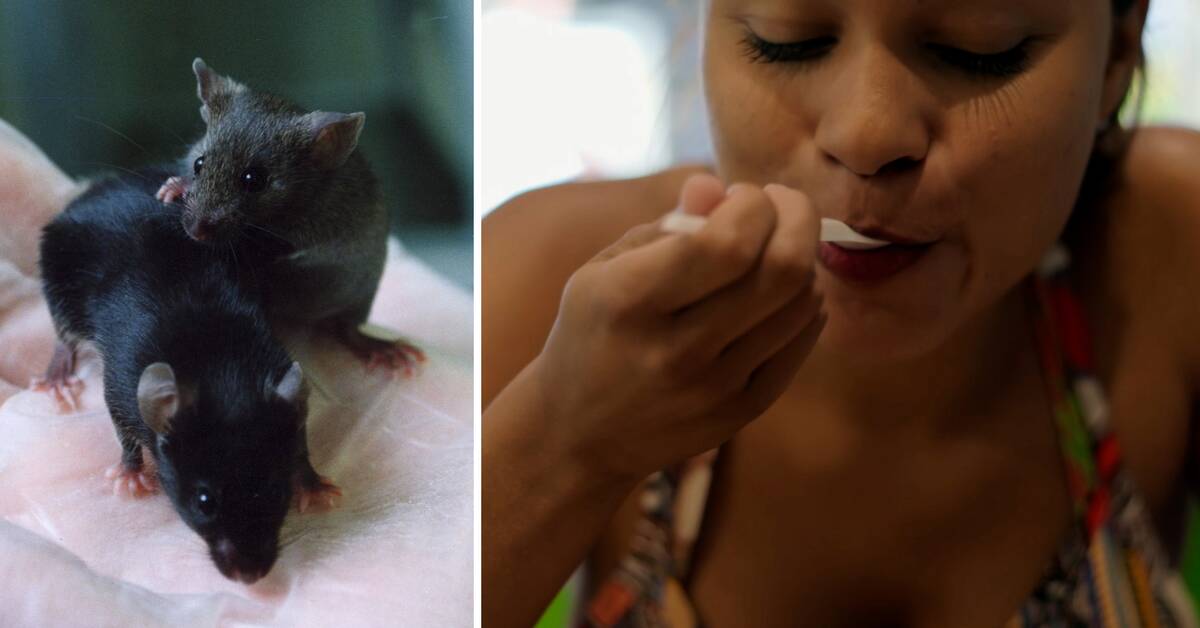There is a link between type 2 diabetes and memory changes in humans.
A similar relationship has also been seen linked to obesity.
In mice, it is already known that a diet high in fat and sugar contributes to obesity, diabetes and poorer memory.
Now, researchers at Lund University have shown that the impaired memory functions can be restored with a healthier diet.
Surprising finds
The idea of the study was to gain a greater understanding of what happens in the brain in type 2 diabetes.
But it would turn out that the diet itself affected more than the researchers thought.
- It was surprising that the mice had the same memory impairment regardless of the degree of diabetes.
This may mean that diet itself also affects and that the disease may not be the most important factor, with the proviso that the study is not done on humans, says João Duarte who researches diabetes and brain function at Lund University and is one of the researchers behind the study. .
Demonstrated changes in the brain
The mice that received a high-fat and sugary diet showed changes in the hippocampus and cerebral cortex - two parts of the brain that are involved in storing and controlling memories.
The researchers regularly measured a type of breakdown product in the brains of mice called metabolites.
An individual's metabolic profile can, for example, show changes in communication between brain cells and cell death.
Went to restore memory
In parallel with the measurements, several behavioral experiments were performed to study the mice's memory ability in practice.
The mice that received a high-fat and sugar-rich diet showed poorer memory ability than the control group when it came to recognizing new objects.
But the ability was shown to be restored in the mice that later received a diet with less fat and sugar.
- What we saw was that there are changes in metabolism and function, but that it was possible to return to the original state again.
The study proves that the brain is plastic when it comes to the effects of diet.
For us, it feels like a positive result and an additional reason to eat healthy, says João Duarte.
Wants to prevent cognitive impairment
However, research on mice has its limitations and it is not certain that the results are transferable to humans.
But they can be important for the future.
- It is part of understanding how the brain responds to and adapts to diabetes, obesity and a certain diet in order to be able to find ways to prevent cognitive impairment in the future, says João Duarte.
More studies are needed
Olov Rolandsson is a professor and chief physician at the Department of Public Health and Clinical Medicine at Umeå University.
He thinks the study is interesting but points out that more and larger studies are needed, both on mice and humans.
- That the changes caused by the diet can be reversible is a positive finding that they report, provided that it can then be shown that it also applies to humans.
The study has its weaknesses, but it would be very interesting to see a similar study on humans, says Olov Rolandsson.
The study has been published in the scientific journal Aging and Disease.
Play the clip to see three things you did not know about fat and metabolism.
For more research on fat, see The World of Science "Fat - Friend or Foe?" on SVT Play already now or on SVT2 on Monday 14 March at 20:00.

